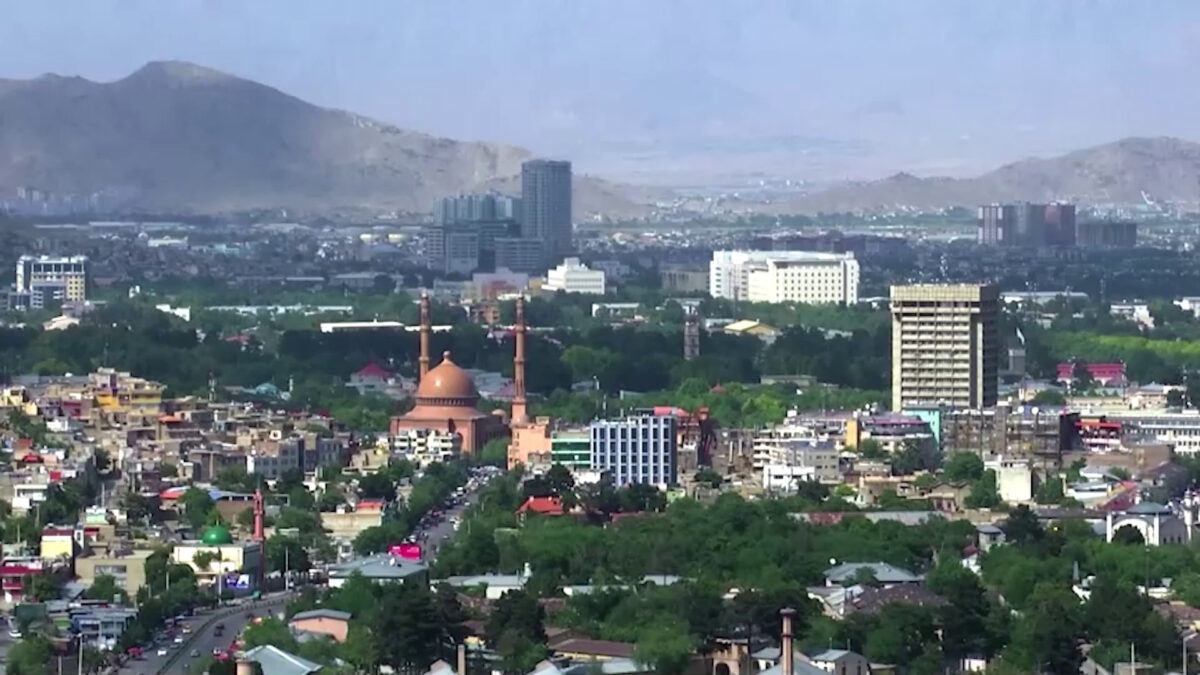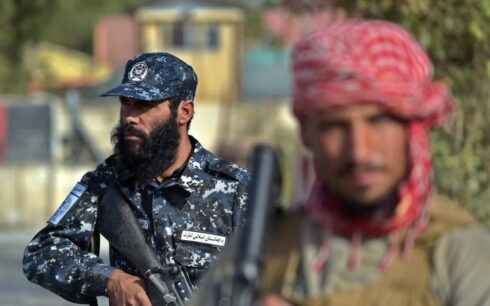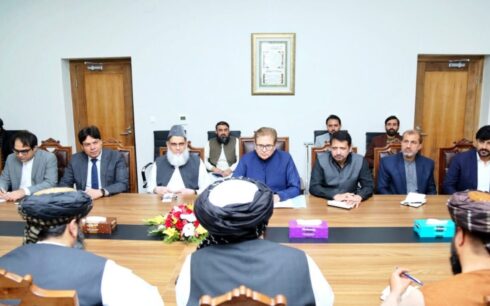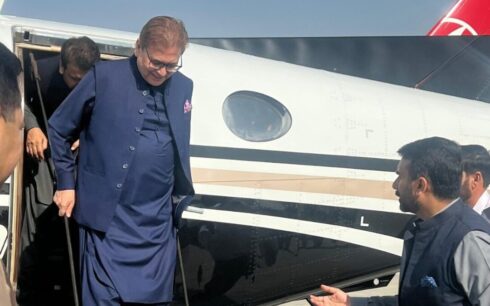A senior Western diplomat told Amu that following the agenda of the third Doha meeting, the United Nations is working to establish working groups focused on the private sector and counter-narcotics, with plans to hold these meetings in Kabul, hosted by the UN.
While the groups have yet to be formed and no official date has been set for the meetings, the diplomat confirmed that the Taliban have agreed to hold discussions in Kabul on both private sector development and counter-narcotics, key topics from the June Doha meeting.
The UN is currently working to shape these working groups and prepare for the upcoming talks, the diplomat said. Representatives from some countries are expected to attend the Kabul meetings in person, while others will participate online.
The third Doha meeting, held in June, focused on Afghanistan’s private sector, banking issues, and the fight against narcotics. These discussions are part of a broader UN-led effort aimed at reintegrating Afghanistan into the international community, subject to certain preconditions.
On Thursday, U.S. Chargé d’Affaires for Afghanistan Karen Decker told reporters that the timing of the next Doha meeting hinges on the progress made by the working groups.
“We look forward to the UN soon announcing that the working groups have been organized. And then it will be up to the UN working with the participants in the working groups on a range of activities. I think the next big tent Doha meeting will take place at a time when it can get reports on the work of the working groups,” Decker said.
Despite the UN’s efforts to move forward, critics argue that the focus on secondary issues, such as counter-narcotics and private sector support, detracts from more pressing concerns.
Ghulam Farooq Aleem, a university professor, noted, “Key goals that were initially discussed, like political inclusivity and women’s rights, have been sidelined. Now, attention is shifting to less critical issues.”
Women’s rights activists have also voiced concerns about the Doha Process, particularly regarding the absence of female representation in previous meetings. Many argue that human rights and women’s rights should be at the forefront of discussions.
“The UN and the world must prioritize lifting restrictions on women,” some Afghan women’s groups have stated.
Last week, the Global Coordination Group for Afghanistan held a meeting in the United Arab Emirates, which wrapped up on Friday. The UN hosted the event, with participation from UNAMA, the World Bank, and representatives from the U.S., Canada, Australia, several European countries, and Afghanistan.
This gathering is seen as a precursor to the working group meetings in Kabul under the Doha Process.





